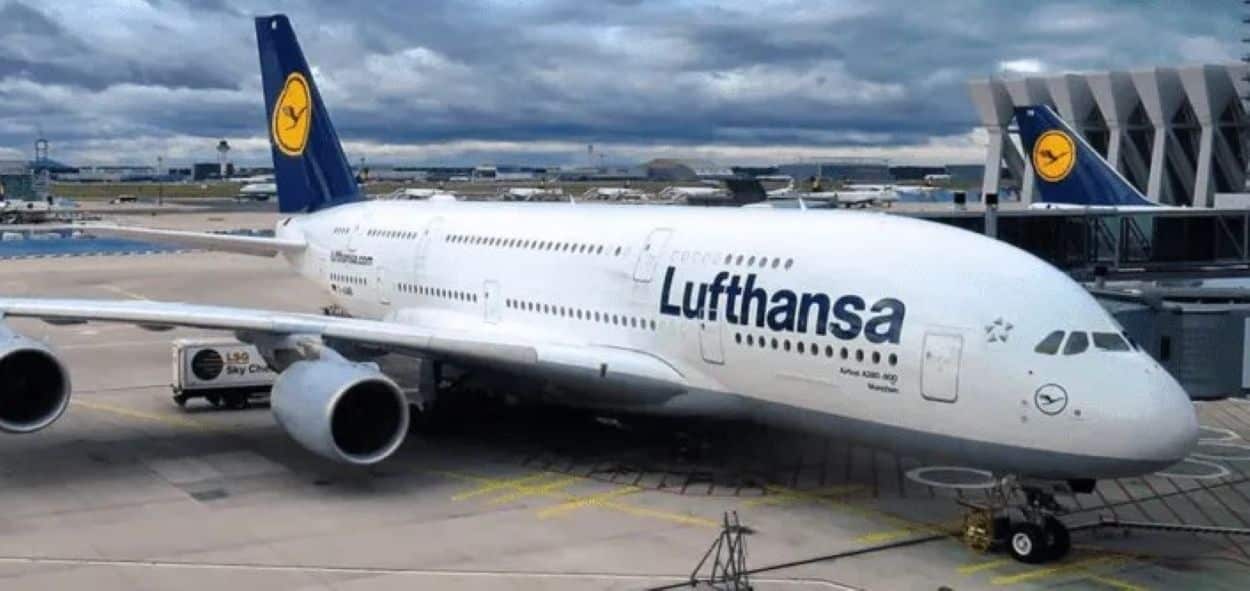On February 17, 2024, a Lufthansa Airbus A321 from Frankfurt to Seville flew on autopilot for nearly 10 minutes after the co-pilot fainted alone in the cockpit, according to a May 17, 2025, report by Spain’s Civil Aviation Accident and Incident Investigation Commission in Madrid. The captain, absent for a lavatory break, returned to find the co-pilot unconscious, prompting a diversion to Madrid, per Reuters.
Cockpit audio captured sounds of a medical emergency, with the co-pilot unintentionally interacting with controls, though the autopilot maintained stability, per the report. Cabin crew’s calls went unanswered, and the captain’s five attempts to enter using the standard security code failed due to the reinforced door’s anti-hijack design. Per AP, an emergency override code was used, but the co-pilot manually unlocked the door just before it activated, appearing pale and disoriented.
🇩🇪PILOT PASSES OUT, CAPTAIN LOCKED OUT — 199 PASSENGERS, NO ONE FLYING
For 10 minutes, a Lufthansa flight cruised with zero conscious pilots in the cockpit.
The captain had stepped out for a bathroom break.
While he was gone, the first officer collapsed — alone at the… pic.twitter.com/ukmZKkMICe
— Mario Nawfal (@MarioNawfal) May 17, 2025The flight, carrying 199 passengers and six crew, landed safely in Madrid, where a passenger doctor assisted before the co-pilot’s hospitalisation, per BBC. Medical records showed no prior conditions, per the investigators. Lufthansa conducted an internal review but withheld details, citing policy.
The incident reignited debates over two-crew cockpit rules, with Spanish investigators urging the European Union Aviation Safety Agency to reassess guidelines, per FlightGlobal. Per CNN, past incidents, like the 2015 Germanwings crash, underscore the issue. The report highlights the balance between security and emergency access in cockpit protocols.
Plane flew for 10 minutes with no one at the controls after co-pilot fainted https://t.co/266MRIUod8 pic.twitter.com/lnQd68lGKf
— The Independent (@Independent) May 18, 2025Lufthansa’s review and the investigators’ recommendations may drive changes in aviation safety standards. While the incident was resolved safely, it underscores the need for robust protocols to manage in-flight medical emergencies, with global attention on potential policy updates.






